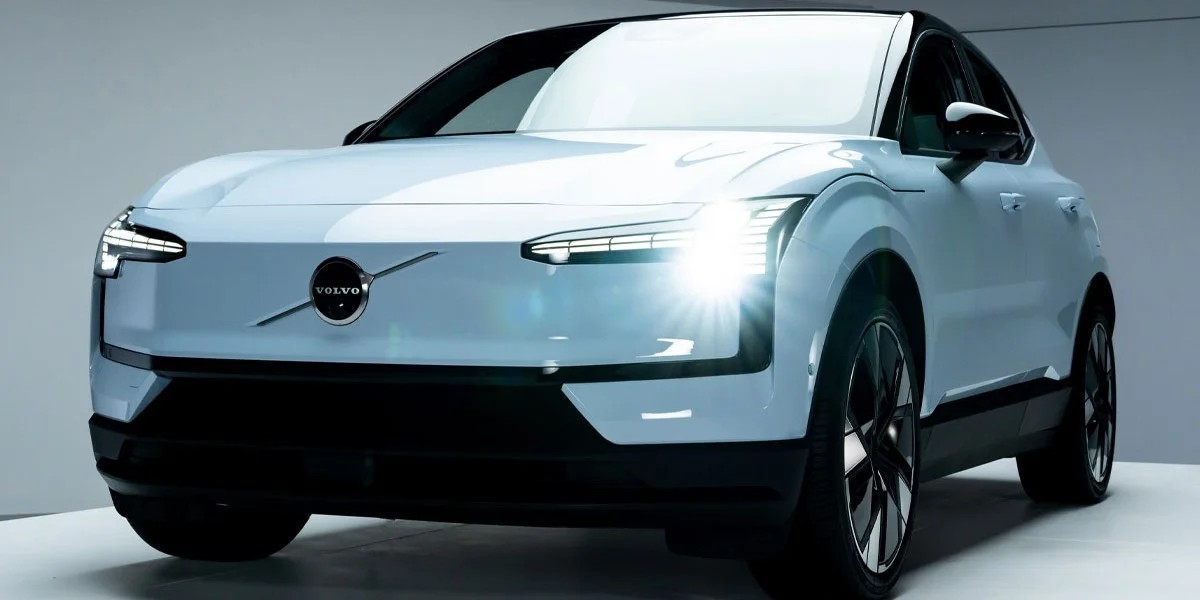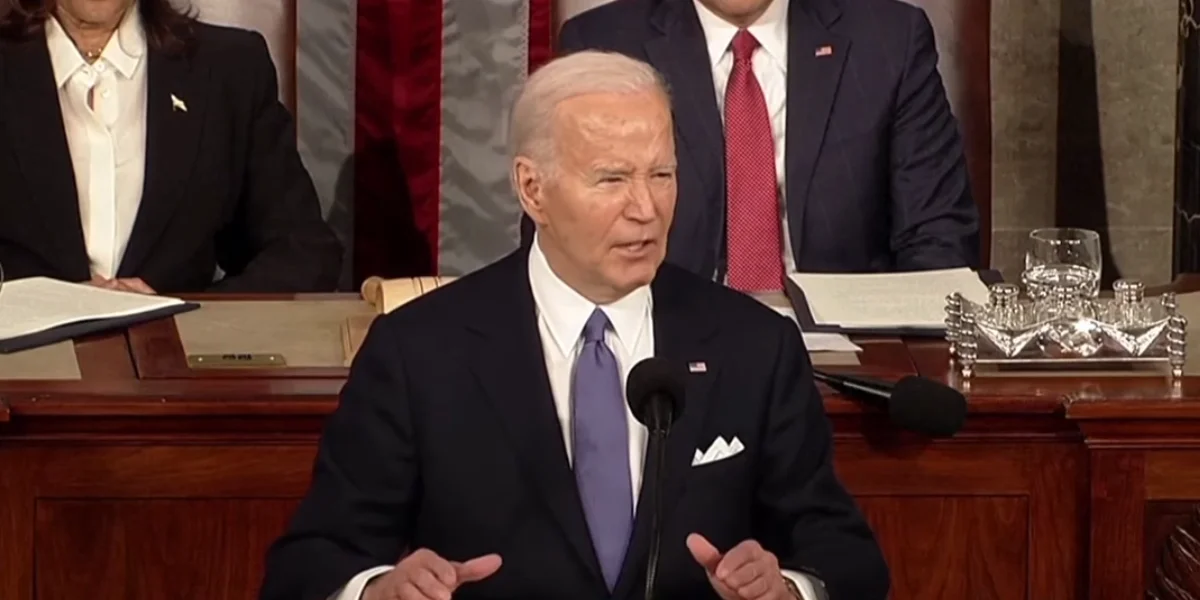Volvo Cars drops its ambitious 2030 target to go fully electric

The Swedish carmaker Volvo Cars announced on Wednesday that it was reducing its ambition to between 90% and 100% of electric vehicles and was giving up on its 2030 goal of being entirely electric due to a lack of infrastructure to support EVs.
One of the first traditional automakers to pledge a full transition to electric vehicles was Volvo Cars, which is owned by China's Geely Holding. According to the company, producing entirely electric vehicles is still its long-term goal.
It pointed to "a slower-than-expected rollout of charging infrastructure, withdrawal of government incentives in some markets and additional uncertainties created by recent tariffs on EVs in various markets."
The statement stated that although "full electrification remains a key pillar of Volvo Cars' product strategy," it would not be achievable by 2030 because of "changing market conditions and customer demands."
Five entirely electric vehicles are already available from Volvo Cars, and the company is working on five more.
The company stated that it anticipates having between 50% and 60% of its lineup composed of electrified vehicles by 2025, with a full lineup of entirely electric vehicles to be available "well before the end of this decade."
"That will allow Volvo Cars to make the move to full electrification as and when the market conditions are suitable."
“An electric car provides a superior driving experience and increases possibilities for using advanced technologies that improve the overall customer experience,” Jim Rowan, CEO of Volvo Cars, said on Wednesday in the written statement.
“However, it is clear that the transition to electrification will not be linear, and customers and markets are moving at different speeds of adoption,” he continued.
“We are pragmatic and flexible, while retaining an industry-leading position on electrification and sustainability.”


